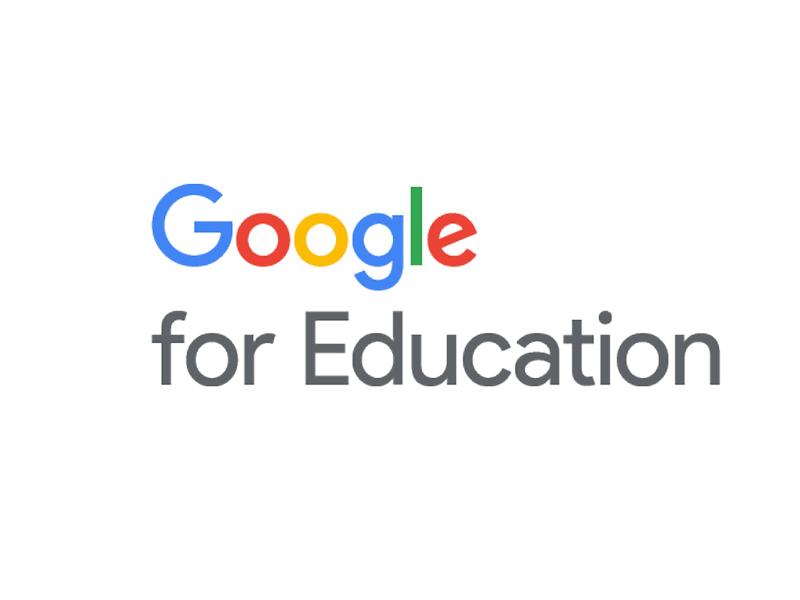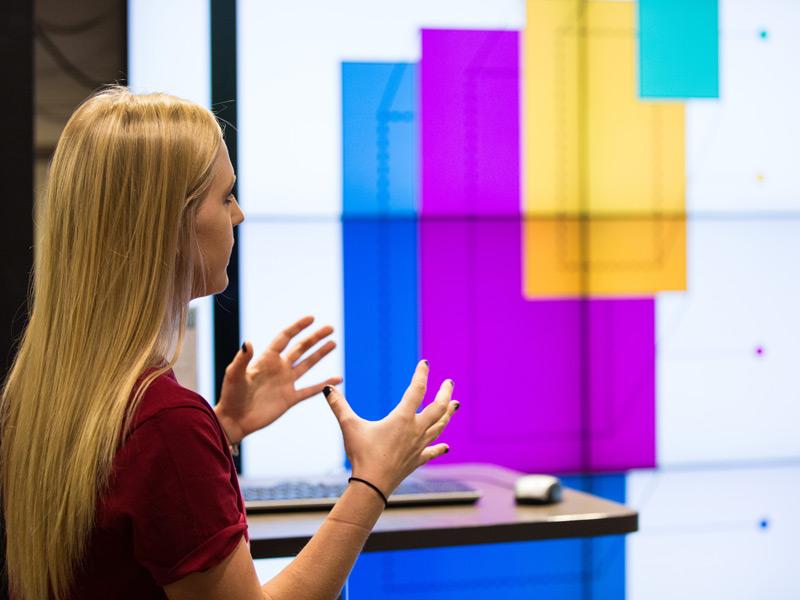
Maximising graduate employability through AI skills
Despite the widespread use of AI by students and in the workplace, its adoption in higher education has been fragmented. Providing students with hands-on experience using AI tools is increasingly crucial for graduate success. A THE webinar, held in partnership with Google for Education, explored how institutions must integrate emerging technologies into teaching and learning to meet the needs and expectations of modern students.
Tim Vorley, pro vice-chancellor for arts, humanities and social sciences at Oxford Brookes University, discussed how employers feel that responsible use of AI is a skill that institutions should instil in students. “One of the things that our conversations and the work we have done with employers have come to highlight the importance of AI literacy,” he said.
“When we have understood from employers where they see the challenges, the onus is on us as educators to think about how we incorporate that into our programmes,” said Vorley, speaking about the growing need for “boundary-spanning skills”.
Helping students “learn to learn” is an important element in adapting to the changes driven by AI, said Peter Mandalh, CEO of Skellefteå Universities Alliance. “AI is transformative, but there will be new technology on the back of AI and so forth,” said Mandalh. “You need to have the ability to learn to learn continuously.”
Gonzalo Romero, head of Google for Education, Iberia, spoke about the importance of integrating AI into higher education ecosystems to build AI skills in students. Employers are placing greater emphasis on AI proficiency, making it a key factor for career advancement in the digital era.
“Google Workspace for Education supports a student at every stage,” said Romero. Currently, 90 per cent of the top 20 universities globally use Google Workspace for Education to offer a range of AI-based productivity tools to students and faculty. “This widespread adoption demonstrates the value and relevance across the entire education journey,” he added.
José Esteves, dean and president of the executive board at Porto Business School, said that while AI can enhance the way we work and engage with information, it also offers opportunities to explore new avenues. “We should talk about ‘what I can do’, which is skill-based, and also about competencies, which is about how to apply those skills,” Esteves said.
Tom Stoneham, professor of philosophy and ethics lead for the UKRI Centre for Doctoral Training in Safe AI Systems at the University of York, said that higher education can take the disruption caused by AI is also an opportunity to reevaluate how education and assessment are designed. “We have a generation that is presented with tools that are powerful, quick and efficient,” said Stoneham. “We need to give them the ability to engage critically with what these tools are doing and how they will affect them and the wider outcomes.”
The panel:
- José Esteves, dean and president of the executive board, Porto Business School
- Peter Mandalh, CEO, Skellefteå Universities Alliance
- Miranda Prynne, editor of Campus, Times Higher Education (chair)
- Gonzalo Romero, head of Google for Education, Iberia
- Tom Stoneham, professor of philosophy, and ethics lead for the UKRI Centre for Doctoral Training in Safe AI Systems, University of York
- Tim Vorley, pro vice-chancellor for arts, humanities and social sciences, Oxford Brookes University
Download the white paper The innovation imperative: meeting graduate expectations in EMEA’s evolving higher education landscape.
Subscribe to Google for Education’s Edu on Air Higher Education EMEA programme. Contact the Google for Education team.

